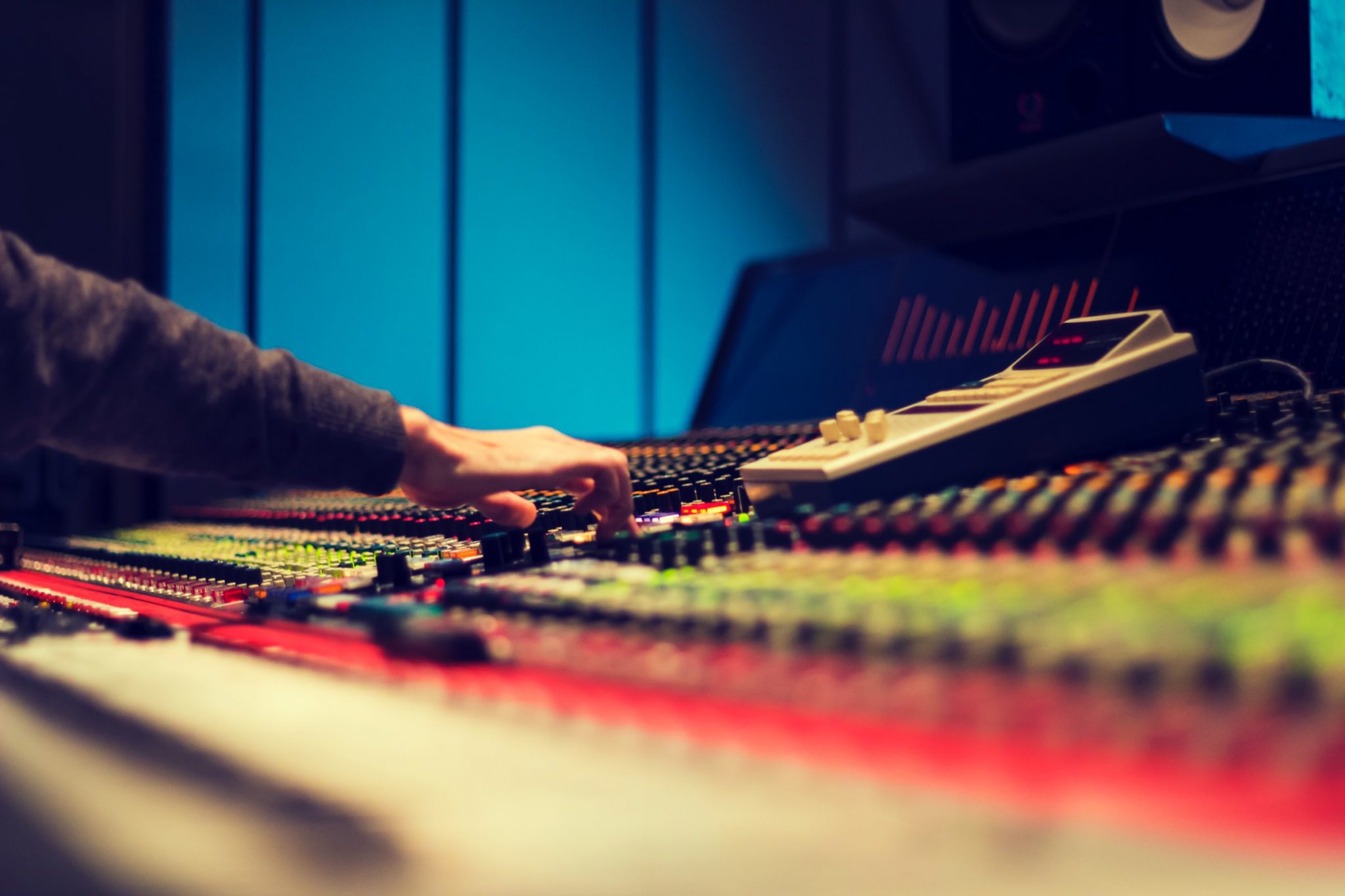Looking at other people’s performances on stage and critiquing them is a really good way for us to grow as a class and also be able to critique people without the fear of them getting upset. So one thing we can look at is Ed Sheeran’s performance with his looping pedals versus his performance of the same song with a band.
We will talk about the ways in which one seems more intimate, but one seems more professional. In one, you can see the errors that are made. In the other one, it’s more easygoing.
It’s really usually split half and half between the classes of which one they appreciate more. But what we’re looking at here is really the ability to do the same song in two different styles: one by yourself, and one with an entire band. And it’s really awesome to see that that’s possible these days. As far as music education goes, knowing the difference between a solo performance and a group performance is important to remember.
We’re in an age of technology where we can make practically anything happen. And depending on who the audience is, we can focus that performance for those people specifically.
A really great exercise I do with my students is that I force them to take out all the elements of the song except for two. So there are only two instruments and a voice. This changes the students’ understanding of their song completely. In a lot of cases, it also changes the way they see the song, and sometimes even all of the music they’re creating.
Just this one little experimentation in minimalism can help see which elements of the song are important and which of them are superfluous. Removing elements that don’t synergize well can greatly improve the quality of a song in creation, remember this as you continue your online music education.
Experimentation with live instrumentation is greatly important to the artist’s development. If somebody comes in with an electronic-based track, we try to make it live because being comfortable onstage in all different ways means that you’re ready for anything.
If somebody comes to you and says, “We really loved your performance, but could you do it acoustic?” We want you to feel like you’re more than strong enough to do that, to take that chance, and feel comfortable with different instrumentation onstage.
This means it could be a symphony orchestra or just playing to a track or singing an a cappella. We want all of those things to feel just as comfortable for you. So we make sure that we collaborate with different people, feel different rhythms, and explore the way it sounds to have live drums next to you versus having drums on track.
All of these things can be complicated to feel safe with on a stage. But making sure that you practice and get used to it is really important.
You know, some people’s sound is so specific, and they don’t want to move outside of this. But for me, I feel like attempting to go for it, and really challenging yourself is an incredibly important part of the process.
Last year, one of my students was a hip hop performer. I kind of forced him to try to play with a live band. He was not initially interested, but he did so. Afterwards, it completely changed his sound. And from then on, that was his go-to method of performing.
So for me, it’s really important to just try this process because it doesn’t hurt. You don’t know what’s going to happen with that song, the rest of your music, and you could even be starting an entire new genre of music.
As an artist, you have to make the choice of whether or not you’re going to be the leader of your band, or whether or not you’re going to have a musical director, or whether or not you’re going to have someone who is basically producing your show and putting you in place.
There are three different types of directions there. If you are leading your band, then your music knowledge has to be on point. You have to understand the arrangements. You have to understand how to start a song and how to end a song. You even have to understand how to talk to your band musicians.
If you have a musical director, then you have to be willing to listen to what the musical director is telling you in terms of when your entrance is, when you should pause, where a solo is appropriate, when you should take a break, and so on.
All of those things are worked out (with your input, of course) with the musical director. If there’s someone who’s producing the show from top to bottom, then it’s pretty much like you’re going to be told when to sing, where to go, when to stand, when to breathe, when to move, and when to bow. All of those things are worked out because you have someone who’s producing the show and they usually know what they’re doing, so you can all put on an amazing show.



